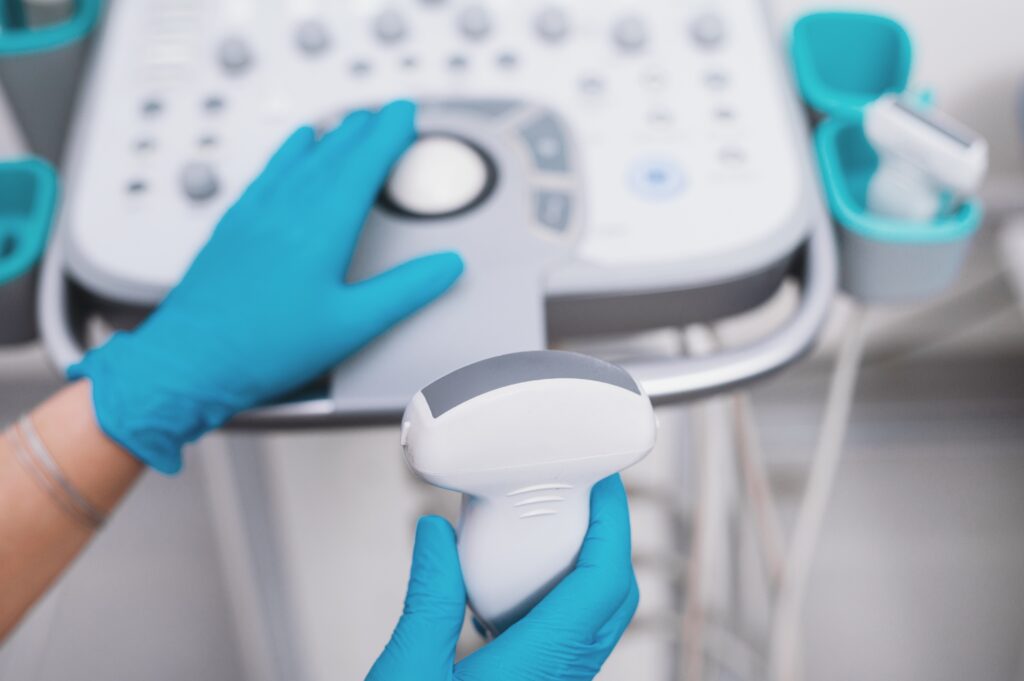A new ultrasound “helmet” could transform how neurological conditions such as Parkinson’s disease are treated, replacing invasive procedures like deep brain stimulation (DBS).
Developed by teams at Oxford University and University College London, the helmet can target brain regions with unprecedented precision—up to 1,000 times smaller than standard ultrasound methods. In early trials on seven volunteers, the device directed ultrasound waves at the lateral geniculate nucleus, achieving pinpoint accuracy and producing measurable effects in connected brain regions.
Unlike DBS, which requires electrodes to be implanted deep in the brain, the helmet delivers mechanical pulses non-invasively while the patient wears it inside an MRI scanner. Researchers believe the technology could eventually help with Parkinson’s tremors, as well as conditions such as depression, Tourette syndrome, Alzheimer’s, and chronic pain.
The project, more than a decade in the making, has been hailed by experts as a neuroscience milestone. Future versions could incorporate AI, potentially enabling patients to use the helmet at home without MRI guidance.



